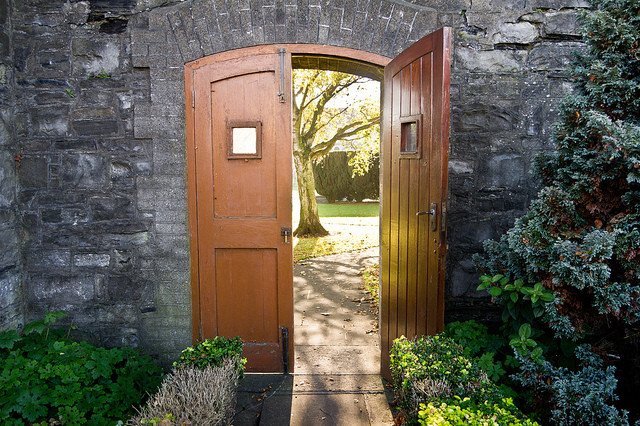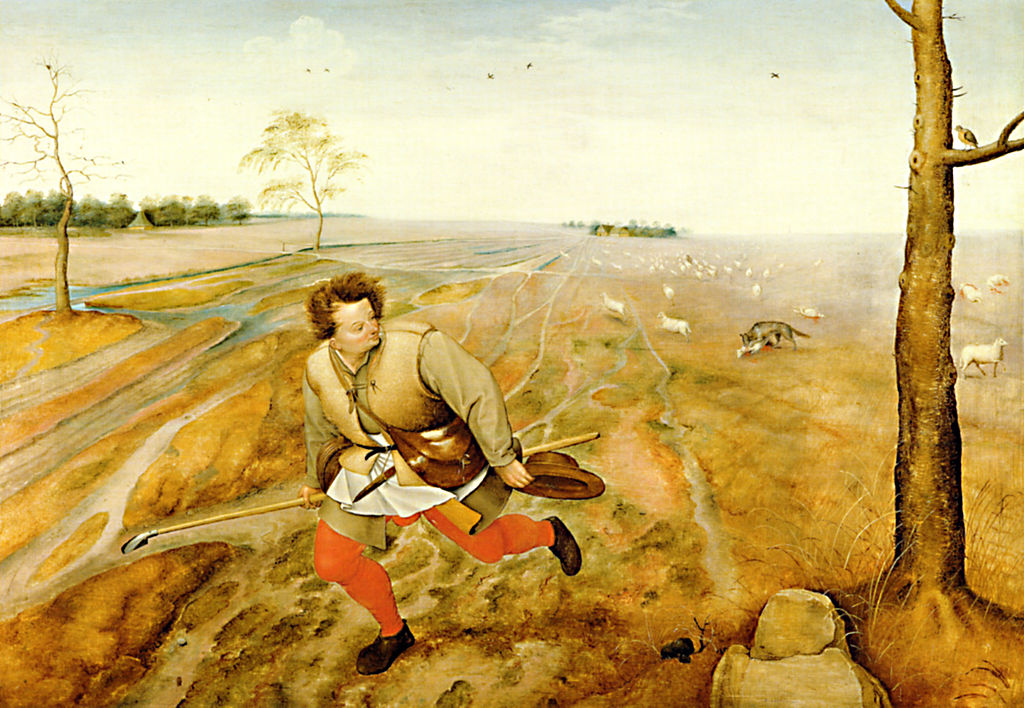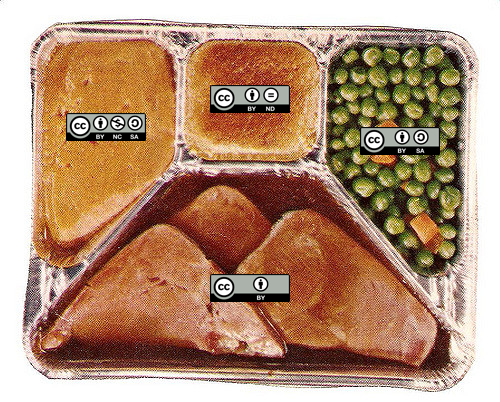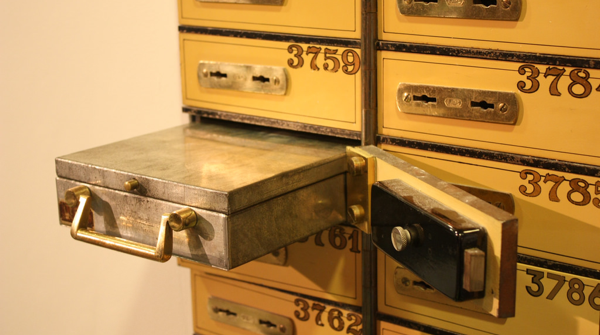I just attended Achieving the Dream’s first Teaching and Learning Summit in Minneapolis, Minnesota, USA. The Summit had four tracks, each focused on a specific domain of teaching and learning:
- Open Educational Resources: Beyond Cost
- Guided Pathways: Ensuring Students Are Learning
- Culturally Responsive Practices: Leveraging Knowledge for Equity
- Adaptive Courseware for Early Success
I participated in the adaptive courseware track — guided by participants from Every Learner Everywhere — where I collaborated with the good folks at Houston Community College and other community colleges in Florida, Ohio, and Texas that are adopting adaptive learning platforms to improve student success.
The buzz at plenary sessions and mealtimes convinced me that participants in every track were as deeply engaged in the practical details of transforming teaching and learning as we were in the adaptive learning track. We had an incredibly productive couple of days together, making connections across disciplines and geographies to see how we might implement adaptive learning tools for various courses. These adaptive tools promise to enable students to take personalized learning pathways for knowledge and comprehension — speeding past what they already know and identifying where they might focus — while also enabling teachers to spend more time on higher-level, active learning, helping students apply, analyze and synthesize concepts.
Enter Karen
After all that wide-ranging, hands on work, the highlight of the gathering for me was when participants from all four tracks came together for a closing, plenary keynote from Karen Cangialosi on open pedagogy. Karen gave us all a truly remarkable experience.




